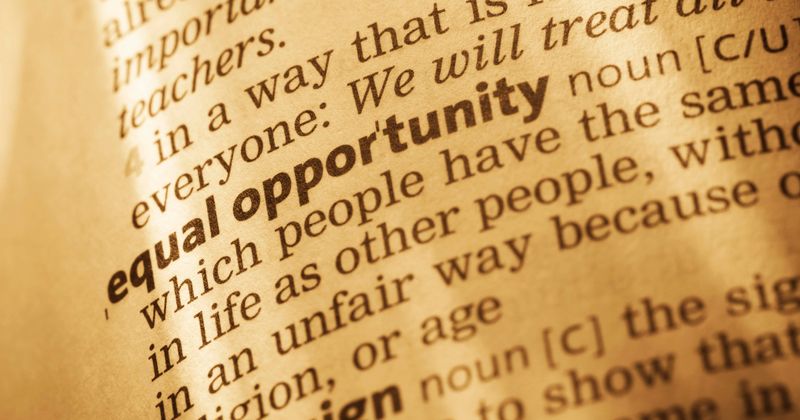By Jeevika Verma
Black Americans have long contributed to the ways in which the English language is used, and now a new research project aims to compile the first Oxford Dictionary of African American English.
“Finally we will have a space that recognizes our language in a way that encompasses all the people within African American language communities,” said Sonja Lanehart, a linguistics professor at the University of Arizona who grew up in the South.
“If we look at some present words, we can think of something like woke and hip, cool, bad meaning good.”
The research project is a collaboration between Harvard University’s Hutchins Center for African and African American Research and Oxford University Press, with Lanehart among the advising editors.
Although there have been projects like this in the past, Lanehart said none had attempted to focus on African American language varieties at this magnitude.
“It will be much more expansive and inclusive of the language as opposed to [just] some words here and there,” she said. And instead of just defining or spelling the words, the project will also provide some historical context.
“The etymology of a word and the history of the word is extremely important … in understanding how a language has developed, evolved, and who’s been a part of it,” Lanehart said.
Supported in part by grants from the Mellon and Wagner foundations, the project is one of the most well-funded efforts of its kind. Researchers will pull from documents including flyers, books, and newspapers. They will also draw from music, oral histories, and most notably for Lanehart – social media.
“Social media has allowed an outlet in a way that Black people hadn’t really had before,” she says. Looking to Twitter, she added, could highlight the regional, economic, and social roots of some of this language.
“Dictionaries attempt to codify language,” Lanehart said. “And what’s going to be important about this in getting it right is listening to the people… in terms of what they say and what it means to them.”
What’s more, understanding this context behind the origins of African American English can broaden the understanding of English as a whole.
“Every speaker of American English borrows heavily from words invented by African Americans, whether they know it or not,” Hutchins Center director and the editor in chief on the project, Henry Louis Gates, Jr. said in a statement.
And Lanehart thinks that crediting African Americans for these words in an official, well-researched lexicon will help in other ways.
“It’s taken a lot to get to this point to show that Black people and Black language aren’t grotesque, exotic, or deficient,” Lanehart said. “They have a language variety that is different and should be recognized just like any other language variety.”
The Oxford Dictionary of Afri

